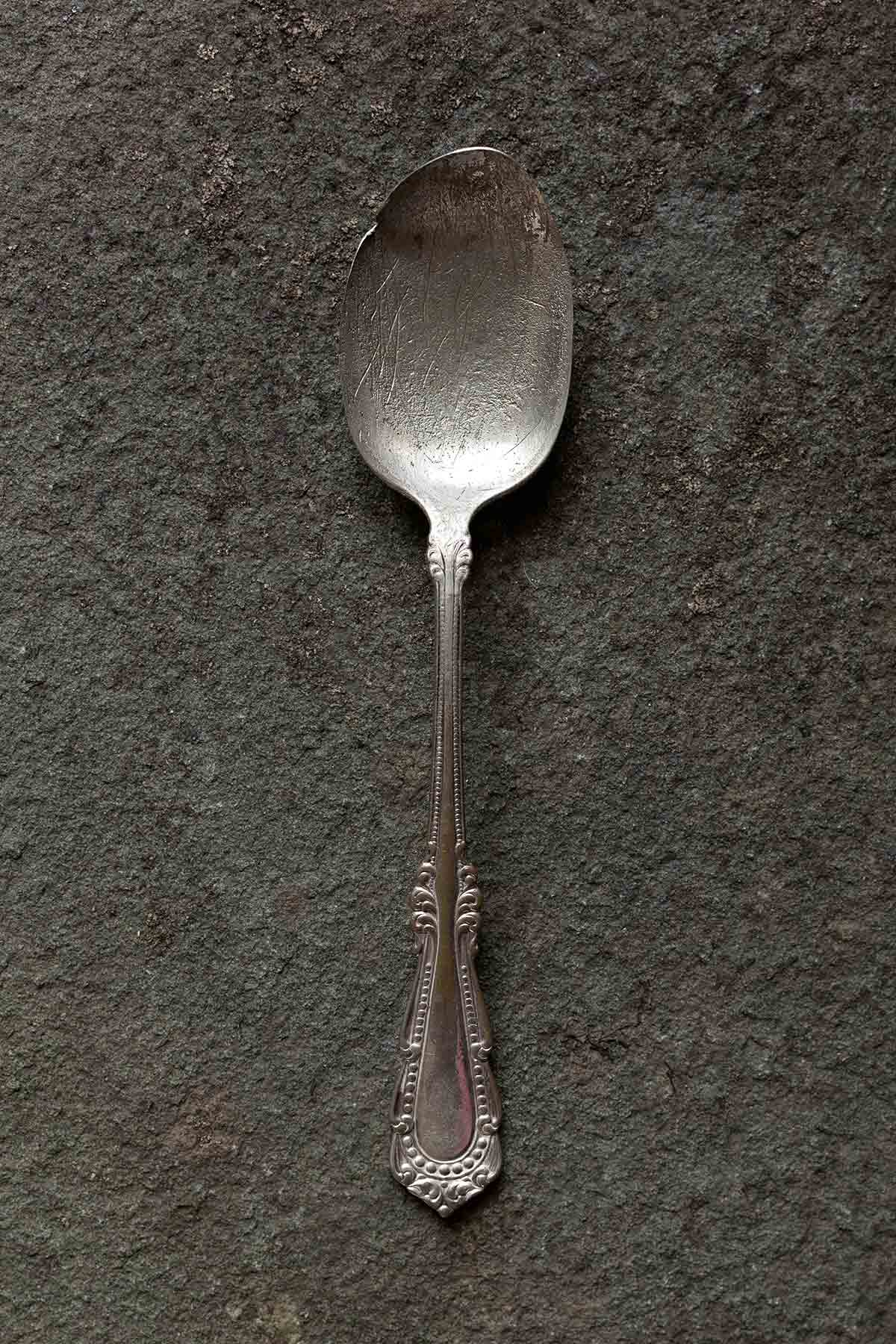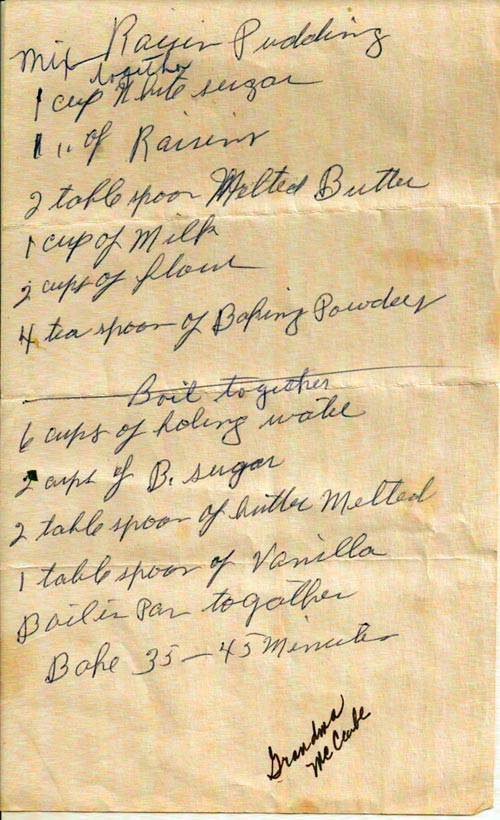
When I first told David, my partner of nearly 20 years, about my tumultuous upbringing, he was shocked. You see, my emotionally volatile mother, whom I loved dearly, was seemingly strong on the outside but fragile inside.
My father, who was legally blind, was severely limited in his ability to play the role of dad as I longed for it to be played. Both of them had hot tempers that often led to loud and sometimes physical confrontations.
When I was seven, they separated, and they divorced soon after. Much of the rest of my childhood was spent consoling my mother, helping her find happiness not only in her own life but in mine.
My father, meanwhile, depended on me to take care of him. I learned to do his shopping, make his meals, clean his house, pay his bills, and balance his checkbook by the age of nine. In many ways, the roles of parents and child were sadly reversed.
Finally, when I was 14 and life with my mother and her third husband in their horribly tension-filled household became unbearable, I left.
But there was one person I could always depend on to be there for me: my beloved grandmother. She didn’t need me to give her emotional support or take care of her. She just needed me to be her grandson and accept her unconditional love.
I have countless memories of her. She cut a fine figure, had tightly curled hair, and always wore stockings and a dress–usually one that she’d sewn herself. She’d never go out in public unless she looked just right. She was a lady—a very independent lady—who was as comfortable moving a heavy piece of furniture or hammering a nail as she was making a cake from scratch.
My most vivid recollections of her are in the kitchen. Oddly, I don’t remember her cooking; it’s possible she wasn’t very good. But her baking was incredible. And there were three necessary components to everything she made—her big brown crock; her wooden spoon; and her scratched, misshapen silver spoon, which I cherish to this day. I remember seeing that spoon in every kitchen my grandmother ever baked in. It was like a constant friend or a favorite family member.
I remember Grandma baking buttermilk bread for sandwiches and scooping the flour with her silver spoon. I’d sit in the kitchen, watching her mixing all the ingredients, and wait for the bread to rise.
The process fascinated me, and once the loaf went in the oven the smell of it baking was pure comfort to me. I sat on pins and needles anxious for the warm slice of bread with butter that would soon be mine. And at Christmastime she’d bake me a special sweet treat by shaping the same dough into rolls and studding them with colorful candied fruit.
Then there were the times she’d bake a cake. She’d sit with her big crock on her lap, beating the batter inside with her silver spoon. After she’d poured the batter into the pan, there was always, miraculously, just enough left for me to “test” with the spoon. That spoon was so thin and beat up it was amazing that I didn’t cut myself. But just as my grandmother expertly wielded it, so I learned to masterfully maneuver it.

I recently happened upon her recipe for raisin pudding—a dessert she made all the time—written in her own hand. I’m not sure if I should call it a recipe, though, because it includes only the ingredients.
It doesn’t say what size pan to bake it in or what temperature to set the oven to. Maybe we were destined to guess, or maybe we were just expected to know.
I later found the same recipe, entitled “Grandma’s Raisin Pudding,” in my mother’s handwriting. Her version includes the missing pieces. It says to drop the flour-and-sugar mixture into the syrup with a “teaspoon,” which makes me chuckle because I know the “teaspoon” referred to is Grandma’s old silver spoon that I watched her use every time she made this dessert.
She’d scoop it into the wet batter and then drop it into the waiting hot syrup without bothering to shape the individual puddings. But once they emerged from the oven, they were almost perfectly round biscuits sitting atop the most delicious river of thick, rich syrup. In my child’s mind, her spoon had special powers. It could take blobs of dough and shape them into impeccable biscuits. It’s one of my very favorite memories of her.
According to my grandmother, the spoon was handed down from her mother’s mother. It supposedly originated in England, but that part has always seemed suspect to me since it’s rather a grand origin for something owned by our humble family. As a child, I simply couldn’t fathom how anything could be so old, so ancient.
When my grandmother passed on, the old spoon was handed down to me. It remains one of my greatest treasures. So far from glamorous, yet beautiful to me, it rests comfortably among our set of perfect silverware.
It’s this spoon that I pull out anytime I want to try a new recipe or make a beautiful meal for David or just sense that I might need some extra support in the kitchen. Is it my lucky spoon? I can’t answer that. But I can say that I go into a panic when I want to cook something special and can’t find it. Somehow I feel I need it to achieve even the slightest success in the kitchen.
Maybe it’s a crutch, or maybe it’s just a piece of metal that evokes wonderful memories of me and my grandmother in the kitchen. It doesn’t really matter, as I can’t promise a decent meal without it.











Dearest The One,
Thank you for sharing this beautiful life story with us, Grandma’s Silver Spoon. I admire the tender heart from which this story came—so open, so genuine and so sincere.
Your childhood sounds identical to mine as I, too, went to live with my grandmother—actually, grandparents. My grandmother was not independent, but very dependent. It was my Papa who was my rock. Both grandparents provided the unconditional love I so desperately needed from a parental unit. (Parents fought, divorced, etc. and were very poor at parenting. Home should always be a safe place for children. However, it is unfortunate that all too often it is not.)
Grandma Gigi was a decent cook, but she really shined as a baker by baking the many German-Hungarian recipes handed down in our family over the generations. She tells the story of the recipes coming from a professional baker who baked for royalty in the “old country”. (Cannot verify this and wonder if it was a figment of her imagination creating a fond fantasy for me. Many of the recipes I have never seen published in cookbooks or magazines and I have looked!) The recipes are my treasured heirlooms. I, too, treasure the recipes written in my Grandma Gigi’s hand.
Once again, thank you for sharing this enchanting story of a silver spoon with special “magical powers.” I imagine that since the spoon was inseparable from her as she baked, she felt the very same connections to the spoon and its past that you have today. 🙂
Stacy,
Thank YOU for sharing your story – I greatly appreciate it. It sure sounds like we went down similar paths – even to the point of the “fantastical stories” that were told to us. My grandmother too had stories that sometimes seemed a bit grand. In addition to the spoon origin she told the story of the time Eleanor Roosevelt stopped by for lunch at her house. Neither I nor my mother could quite imagine how that would have happened. But none the less the story was interesting and often repeated.
Keep holding onto to Grandma Gigi’s recipes!
Dearest The One,
Thank you for your sweet reply. We truly went down similar paths. I love the fact that you experienced “fantastical stories” from your grandmother as well. The “Eleanor Roosevelt stopping by for lunch at her house” story is just too precious for words! Bless her heart — whether true or not. 🙂
Wanted to share with you my thoughts on Dianne Jacob’s comment above. She is spot on regarding the studies and her comment resonated with me. Immediately, my thoughts went to the late Truman Capote. As most know, his aunt raised him as he had a troubled childhood. In fact, he identified, on a certain level, with the real-life characters in his most famous work, In Cold Blood. As his character (deftly played by Philip Seymour Hoffman) aptly observed and expressed, in the film, Capote, he walked out the front door and they walked out the back door (tragically). Here’s to children finding much needed love from at least one adult in their lives so they walk out the front door into adulthood.
Once again, thank you SO MUCH for sharing!
xoxo,
Stacy
What a wonderful story and I am so glad you got to spend time with your grandmother to create such wonderful memories. My memories are so similiar with Vavo’s Rice Pudding. She would very carefully pick out all the blemished pieces of rice even before her production began. She didn’t have a favorite spoon, but he had the “Rice Pudding Bowl” that went with her everywhere. I am so glad to have memories of grandparents, as they are so very special people who help mold our lives. Thank you for sharing “The One”.
Merry Christmas and Happy New Year.
Pat,
Thank you for sharing your Rice Pudding Bowl story – I can feel the warmth you had for your grandparents.
What a beautiful piece!! The recipe, although looking fantastic, can’t touch the warmth of “whole picture” here.
Thank you
Happiest Holidays to you both!!
JWK
JWK, thank you.